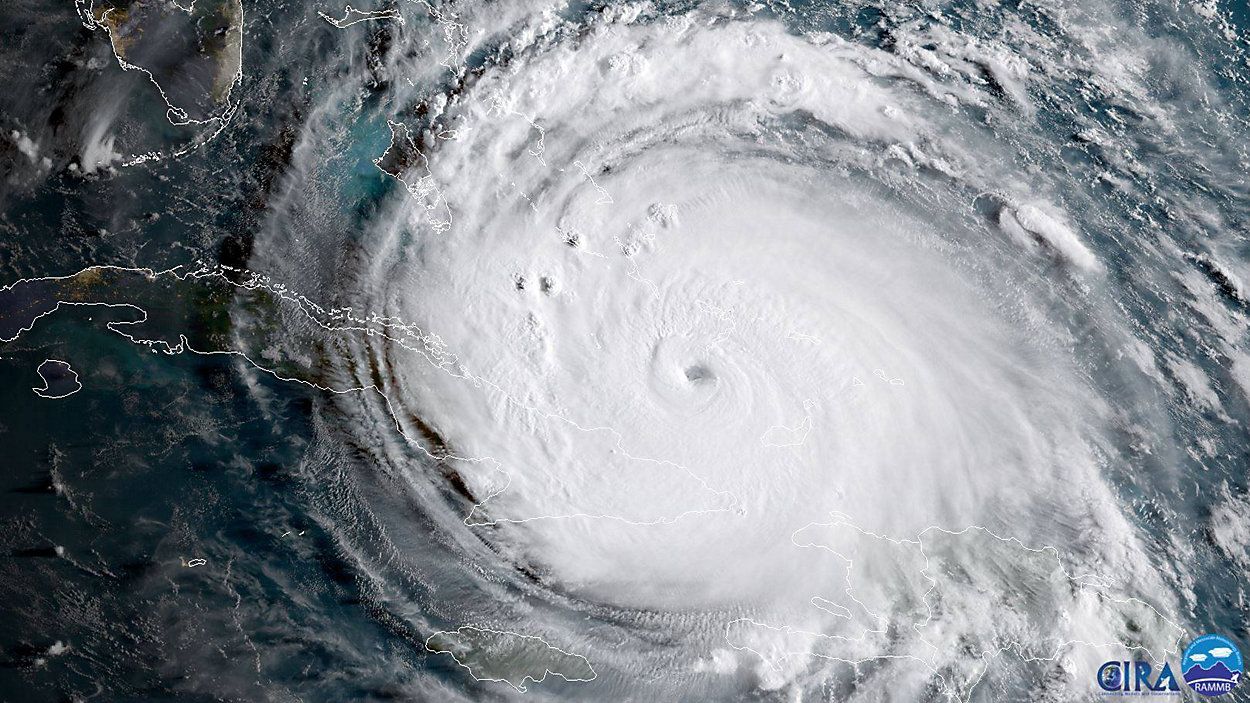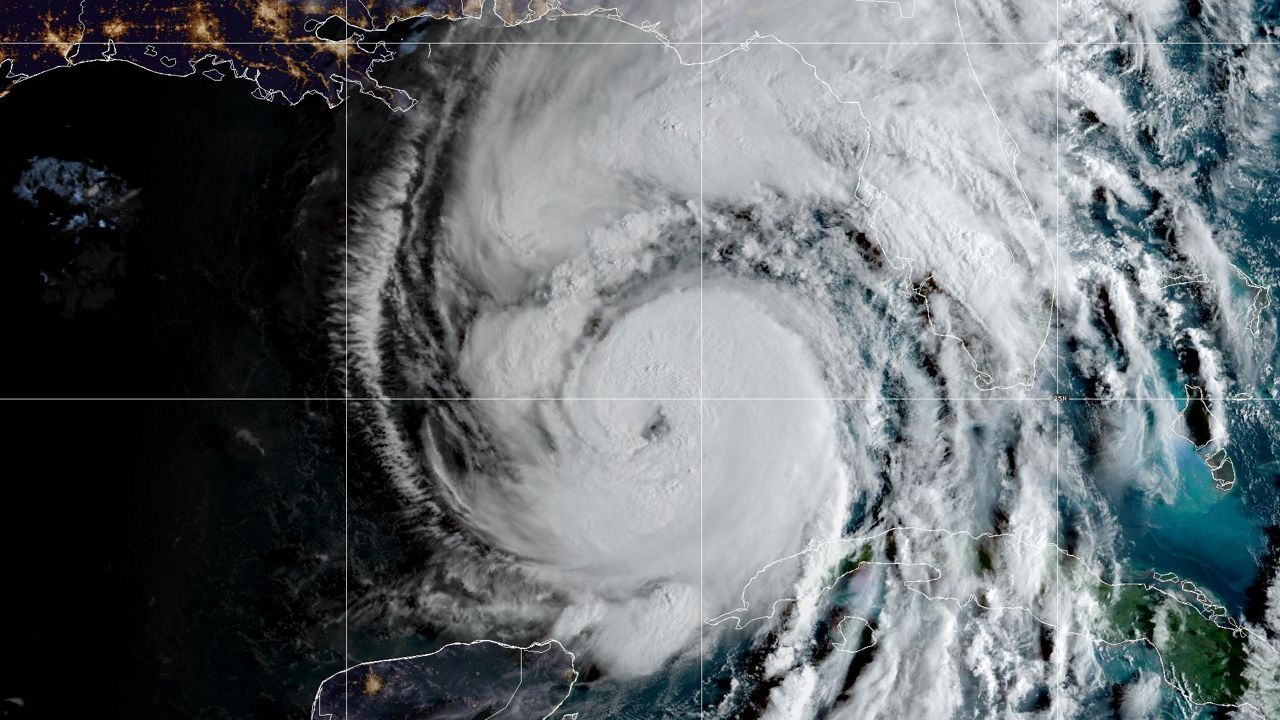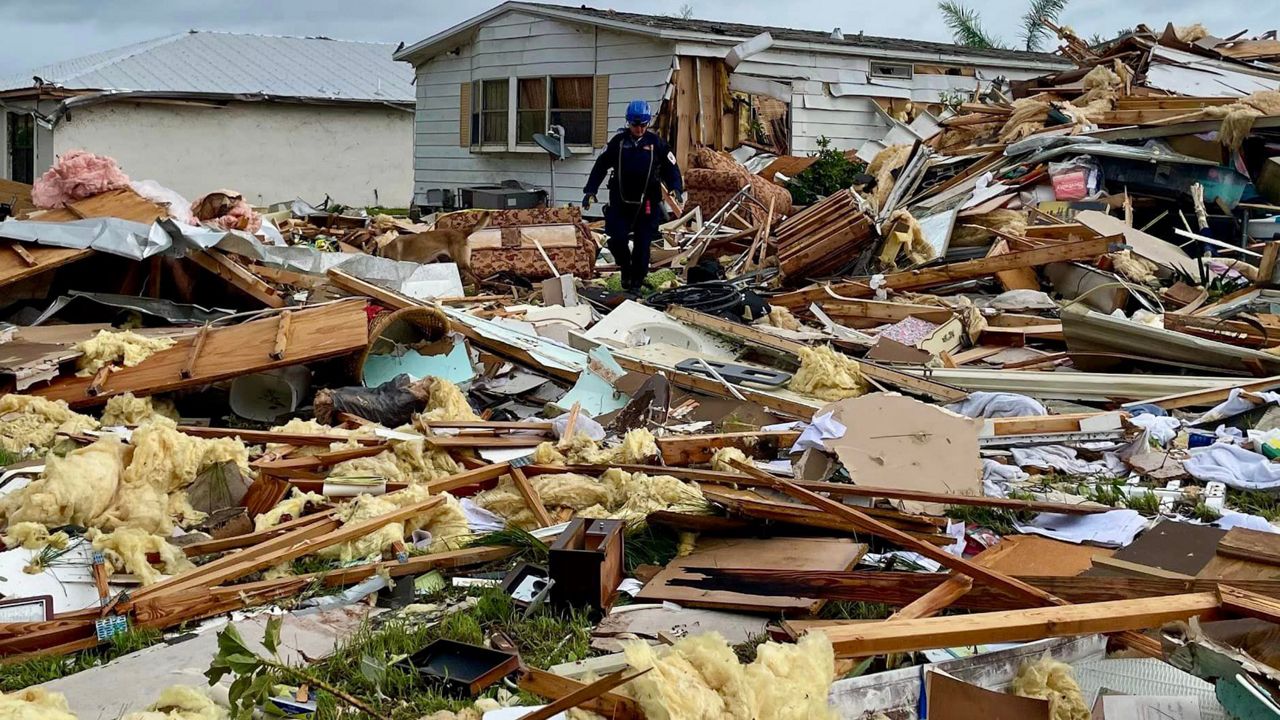As we flip the calendar from July to August, the tropical Atlantic historically becomes more active.
After a record-setting start to the 2021 Atlantic hurricane season, which has featured five named storms, July has been relatively quiet.
One named storm developed, Elsa, that became a weak hurricane. Elsa went on to impact Florida and much of the East Coast of the United States.
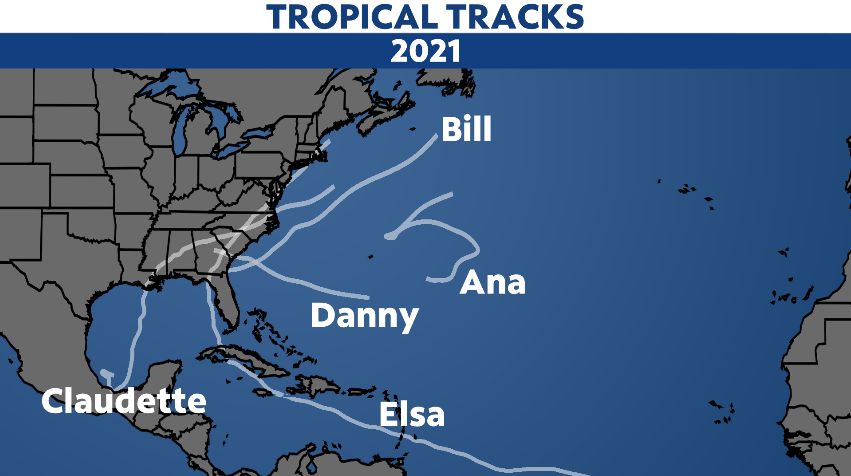
Elsa became post-tropical on July 9, and since then, no tropical depression or named storm has formed in the Atlantic Basin.
That is likely to change in the coming weeks.
The reason? August is historically the month the tropical Atlantic begins kicking into high gear.
Sea surface temperatures continue to climb across the Atlantic, and wind shear in some areas begins to decrease.
This results in August seeing the biggest increase in tropical activity of the entire hurricane season.
A large part of the increase is a key area in the Atlantic that becomes more hospitable to tropical systems.
This area called the Main Development Region, or MDR, sits in the open Atlantic between the Caribbean and the western coast of Africa.
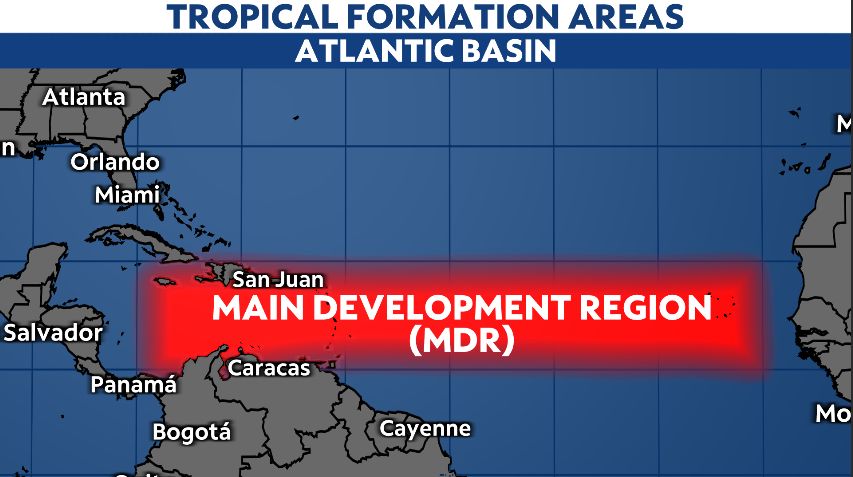
This region is the MDR because it accounts for 60% of all named storms that form in the Atlantic. It also accounts for a whopping 85% of all hurricanes that form.
The region allows weak tropical waves off the coast of Africa to power up into tropical storms and hurricanes as they move westward.
This year, there are no indications that an uptick in activity is imminent in the first few days of August.
However, some long-range computer models indicate a possible uptick in activity as we head into mid-August, which is historically when things get very active.
While we have already had five named storms, more named storms will be likely in the coming weeks, with almost all forecasters predicting an above-average hurricane season.
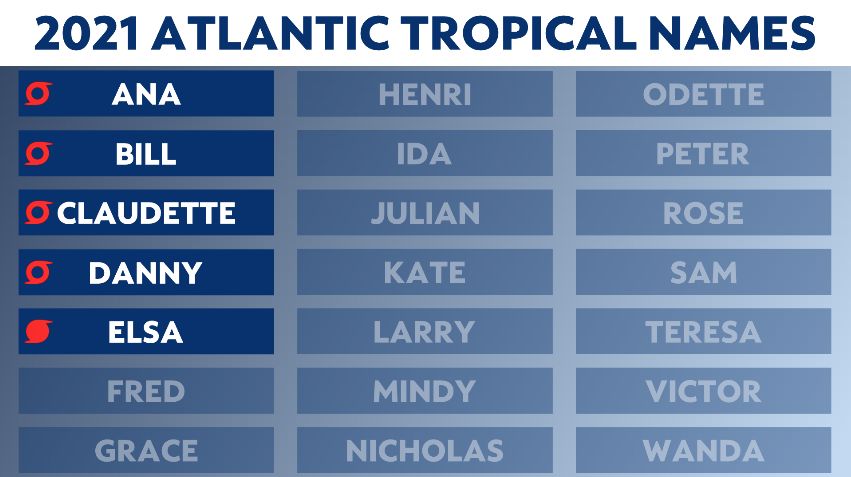
While August is an active month, it's not the most active. The peak of hurricane season is September 10, and the season rolls on until November 30.
So enjoy the quiet weather in the tropics now, as things will likely change in the coming weeks.




